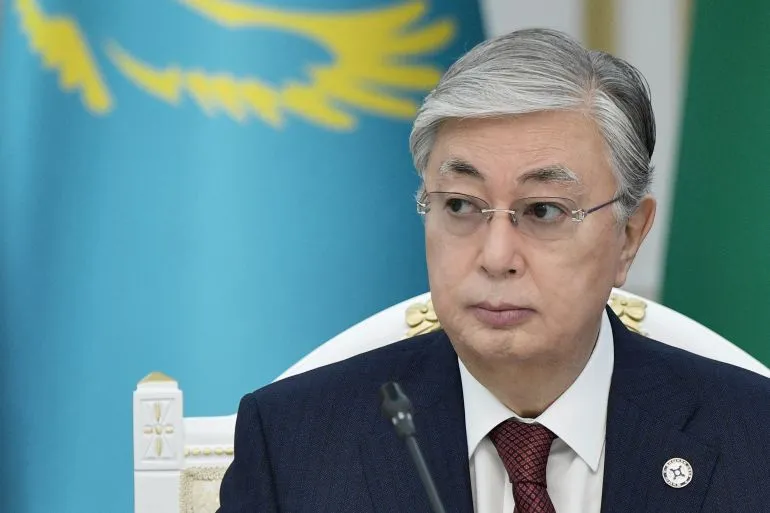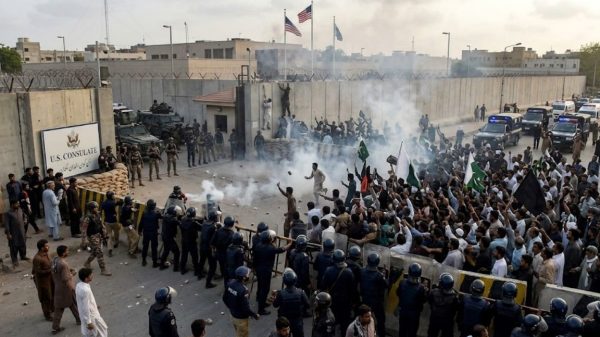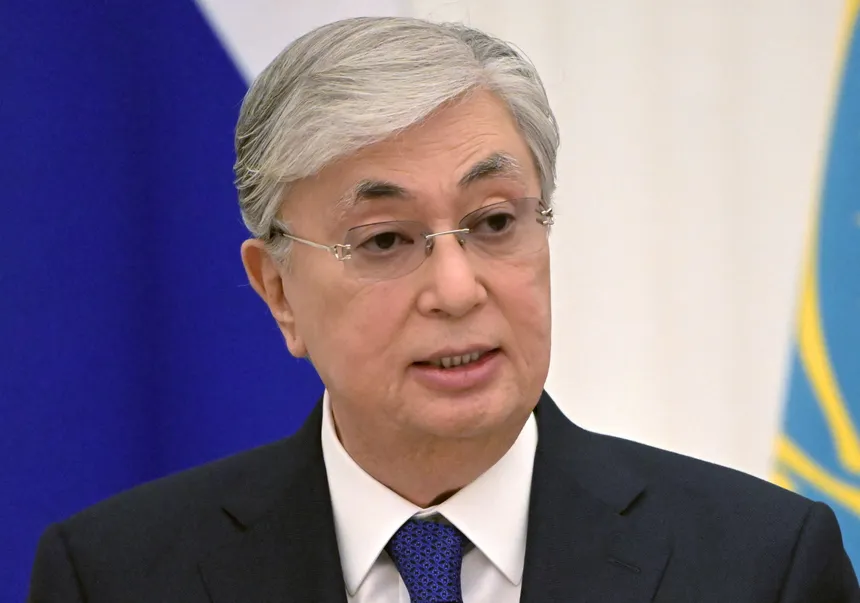Kazakhstan’s recent parliamentary elections marked a significant milestone in the country’s transition towards greater democracy, a development that is being closely watched by international observers. The elections took place at a critical time, particularly in the aftermath of the deadly unrest that gripped the nation a year ago, which resulted in the deaths of over 220 people and forced the government to take drastic measures to quell the violence.
The elections were seen as a crucial step in the country’s transition towards greater democracy, as they provided an opportunity for voters to elect lawmakers to the lower house of parliament. The electoral field was unusually large, with two newly registered parties and hundreds of individual candidates competing for seats in parliament. Despite the large number of candidates, turnout was relatively low, with only around 54% of eligible voters casting ballots.
The results of the elections are expected to have a significant impact on the country’s political terrain, with the ruling Amanat party facing stiff competition from newly registered parties and individual candidates. The Organization for Security and Cooperation in Europe (OSCE) has sent an election observation mission to monitor the polls, with a member of the mission expressing hope that the elections will contribute to the further consolidation of democracy in Kazakhstan.
The elections are a critical step in the country’s transition towards greater democracy and accountability, and the international community is watching to see if Kazakhstan will follow through on its commitments to reform. President Kassym-Jomart Tokayev’s reforms, which include strengthening parliament, reducing presidential powers, and limiting the presidency to a single seven-year term, have been welcomed by many in Kazakhstan and praised by international human rights organizations.

President Kassym-Jomart Tokayev (Via Kassym-Jomart Tokayev/Twitter)
However, the legacy of former President Nursultan Nazarbayev’s authoritarian regime remains a significant challenge to the country’s democratic development, and many in Kazakhstan remain skeptical about the government’s commitment to reform. Nazarbayev’s regime was marked by a lack of transparency and accountability, and his departure from office has provided an opportunity for the country to move in a more democratic direction.
Despite the challenges ahead, the elections in Kazakhstan have been seen as a positive step towards greater democracy and accountability. The country’s transition towards greater democracy is a complex and challenging process, but the elections have provided an opportunity for voters to exercise their right to vote and for the government to demonstrate its commitment to reform.
In the coming weeks and months, it will be important to monitor the country’s progress towards greater democracy and accountability. The international community has a significant role to play in supporting Kazakhstan’s democratic development, and it is essential that the government follows through on its commitments to reform. Ultimately, the success of Kazakhstan’s democratic transition will depend on the government’s willingness to build a more transparent, accountable, and inclusive political system.
Kazakhstan’s path to democratic transition is not without its challenges, but the recent elections have provided a critical step in the right direction. The country’s leaders must continue to work towards building a more democratic and accountable government, and the international community must continue to support this process. With continued commitment and perseverance, Kazakhstan can build a brighter and more democratic future for its citizens.











































